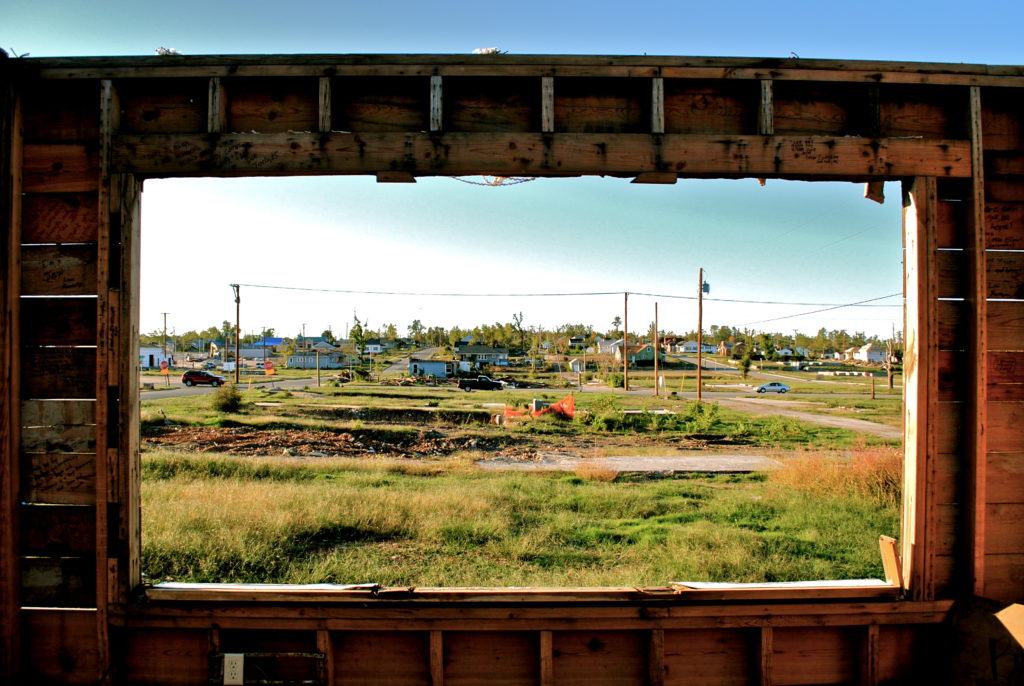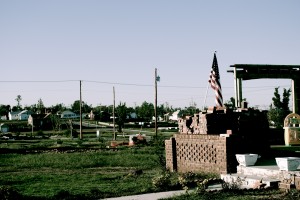
Science of Disasters: Acts of God—The Blame Game
By Administrator
It is within our human nature to seek answers to the unknown. When bad things happen, including natural disasters, we look for someone or something to blame (Bucher, 1957). Natural phenomena have long been blamed on God (or gods). This was and is true for natural disasters. It was not until the 1950s, in conjunction with the birth of disaster research, that both some people in the United States government and disaster researchers began to reject the term “Act of God” as an acceptable answer to natural disasters (Steinberg, 2006). While this misplaced blame is problematic for several reason, one in particular is cause of notable concern: the naming of these events as “Acts of God” takes responsibility away from human action.
Researchers agree that “natural disasters” are a product of human interaction with natural phenomenon (Perry, 2006). A tornado that goes through an abandoned field is not a disaster; a tornado that goes through and destroys a large town is a disaster. If we change human actions (i.e., learn the appropriate protective actions to take), deepen our understandings of natural hazards, create widespread and effective warning systems, build in less vulnerable areas, and prepare for both response and recovery, it is possible to greatly minimize the scope and scale of disasters (see for example Weichselgartner & Sendzimir, 2004).
Following any disaster, individuals who misunderstand the social change that has occurred disseminate a swarm of propaganda. This facile blame, describing the disaster as an “Act of God,” puts the event outside of human control and responsibility. Using God as an excuse for the cultural norms and institutions that facilitated the natural hazard only leads to a cycle of continued risk and vulnerability.
In this vein, Foundation Beyond Belief is working through its secular humanist worldview to create evidence-based programs to help individuals and communities that have experienced disaster.
This monthly blog series will explore the world of disasters and how Foundation Beyond Belief is creating evidence-based programs to mobilize the secular humanist community to respond.
References:
Bucher, R. (1957) “Blame and hostility in disasters.” The American Journal of Sociology, (62)1. pp: 467-475.
Perry, R.W. (2006). What is disaster? In H. Rodriguez, E. L. Quarantelli, & R. Dynes (Eds.), Handbook of disaster research (pp. 1-15). New York, NY: Springer Verlag.
Steinberg, T. (2006). Acts of God: The unnatural history of natural disaster in America. Oxford University Press.
Weichselgartner, J., & Sendzimir, J. (2004). Resolving the paradox: Food for thought on the wider dimensions of natural disasters. Mountain Research and Development, 24(1), 4-9.
